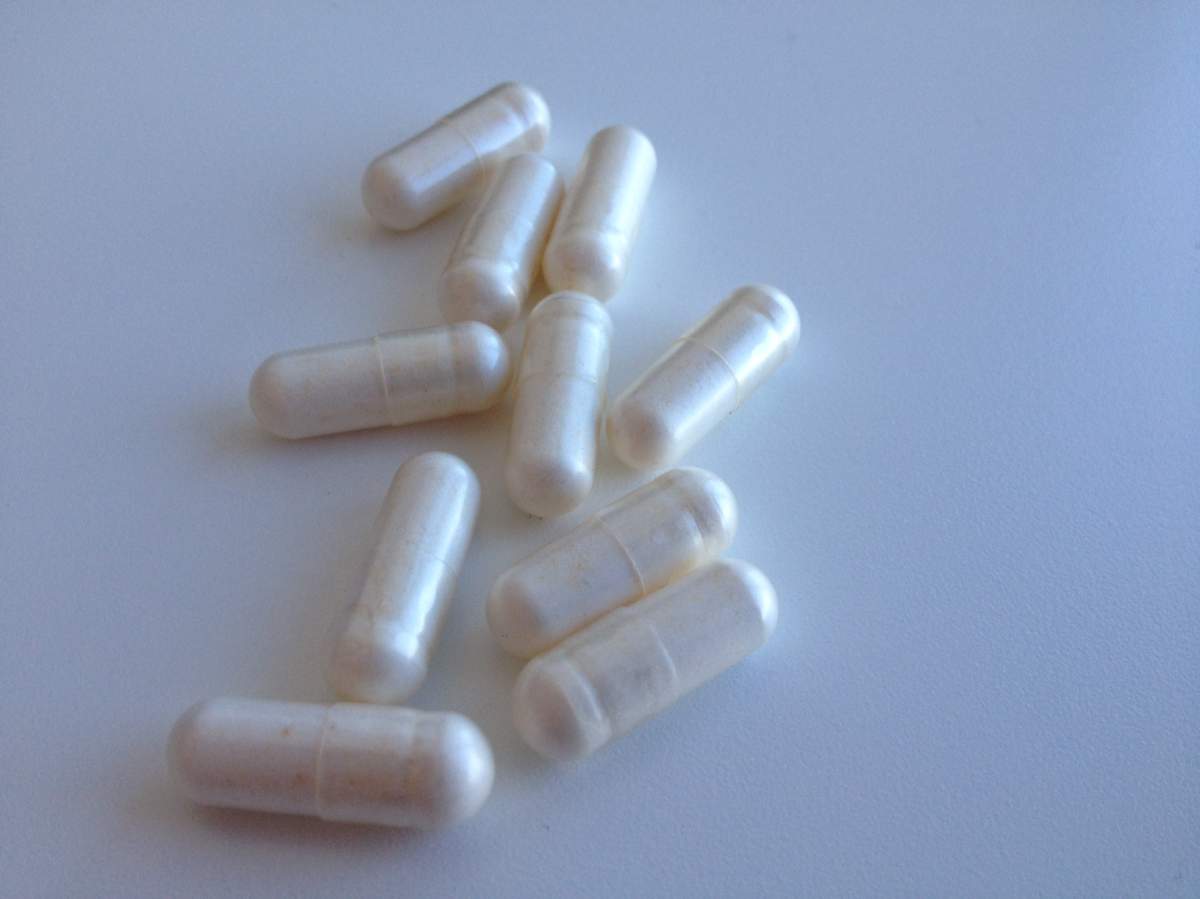If you’ve looked at a yogurt label or women’s magazine lately, you know discussion of gut bacteria is no longer confined to the lab. So it’s fitting the Canadian Digestive Health Foundation recently released a series of video lectures about the bacteria in our gastrointestinal tracts and how big a role it plays in our health.

The lecture by Dr. Stephen Collins, a gastroenterologist and associate dean of research at McMaster University, intrigued me most. He spoke about examining irritable bowel syndrome (which affects a whopping 12 per cent to 15 per cent of the global population) from a “microbiome” standpoint as opposed to the more traditional “psycho-somatic” model that largely links the condition to stress and anxiety.
In his lecture, Dr. Collins first emphasizes IBS as a condition where there’s no “structural abnormality” to explain symptoms. He then explains the microbiome model of IBS, saying triggers like infection, antibiotics, stress (yep, it’s still a factor) and dietary changes “destabilize the intestinal microbiome.” While there’s still no “microbial signature” to identify the condition, Dr. Collins says people with IBS are consistently found to have lower levels of probiotic bacteria, namely bifidabacterium and lactobacillus strains.
The microbiome model definitely isn’t an out-there approach. A commonly used term for bacterial imbalance is dysbiosis, something I’ve come across frequently when reading about digestive health. In the book Integrative Gastroenterology, J. Alexander Bralley writes about dysbiosis and disease, arguing gut microbiota “is as critical to human health as to any other vital organ.”
So how is treatment approached from a microbiome model of IBS? Dr. Collins says Health Canada has approved two probiotics for use in treating the condition: TuZen (containing a strain of lactobacillus) and Align (containing a strain of bifidobacterium). Prebiotics like Bimuno are also becoming a more recognized IBS treatment option, one that Dr. Collins calls “an understudied and under-appreciated area.” Other potential remedies include the FODMAP diet and fecal transplants. While antibiotics are a consideration, the focus seems to be on finding a drug-free approach to rebalancing out-of-whack gut bacteria.

Get weekly health news
Dr. Collins concludes “there is reasonable evidence that microbiome could play a role in a subset of IBS patients.” The findings by Bralley in his chapter of Integrative Gastroenterology are similar: “Evaluating the microbiota diversity balance using molecular techniques, and designing customized prebiotic and probiotic regimens, will be a powerful new tool for the clinician in battling inflammatory bowel diseases and other gut-related disorders,” he writes.
While more research of gut microbiota and the connection to IBS is needed, it doesn’t hurt to ask – are you paying enough attention to your gastrointestinal bacteria?








Comments
Want to discuss? Please read our Commenting Policy first.